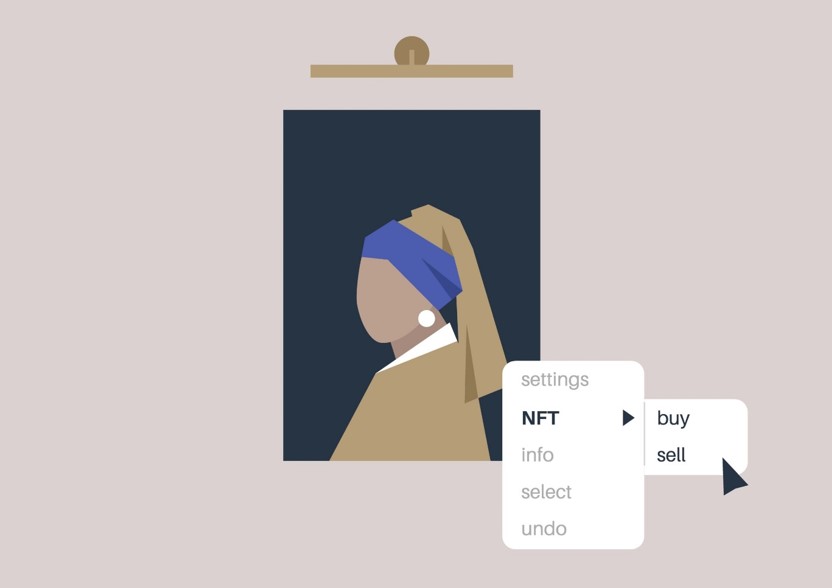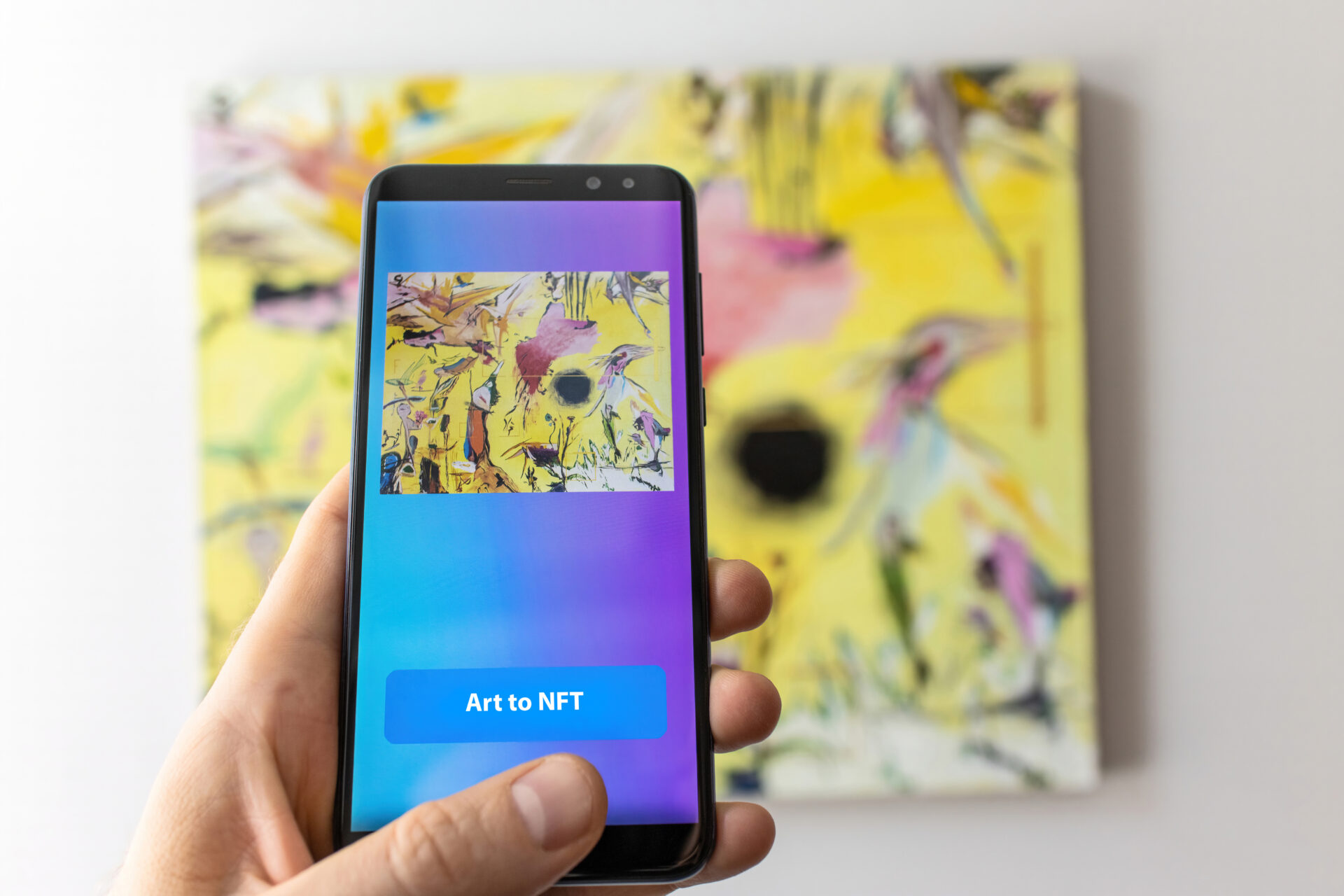France says “Oui” to regulating influencers – by law.
It is not difficult to understand why advertising on traditional media like television and radio is regulated.
Information broadcast in these ads can potentially reach a huge audience, so governments have long felt that it’s in the public interest to set strict regulations around what can be said, claimed, or shown in advertising.
But in an era when everyone is equipped with a megaphone thanks to the Internet, some people are making a very good living as influencers on social media, pushing brands, trends, ideas and pretty much whatever they want to their online followers.
And these followers can be in the millions.
So the question is, should these influencers be regulated?
“Oui” to regulation
In France, a country where setting fashion trends is a way of life “par excellence,” the answer is a resounding “oui.”
In June 2023, the French legislature, in an unprecedented move, passed a law aiming to “regulate commercial influence and fight against abuses by influencers on social media”.
It regulates activities where “natural or legal persons, in exchange of consideration, communicate to the public by electronic means content intended to promote, directly or indirectly, goods, services or any cause”.
While it doesn’t cover everything an influencer might say or do, the new law does prohibit influencers from creating paid content promoting cosmetic surgery, marketing online sports betting sites, medical devices and financial products like cryptocurrencies, or promoting subscriptions to sports forecast services.
On top of that, influencers must label all content they are paid for or sponsored by a third party to promote or which is filtered or edited.
They also need to comply with existing French advertising laws regulating the promotion of products and services, including, for example, the requirement to add health warnings on sodas or processed food.
Audiences should also be warned about any promotion involving gambling or betting.
Influencers violating the law can face imprisonment of up to two years and a fine of up to €300,000.
Perhaps even more painful for some, they may even be banned from the influencing business.
What about Hong Kong?
In Hong Kong, the Communications Authority regulates television, radio stations and advertising on mass media, but there is no legislation targeting influencers and their messages.
Of course, like everybody, influencers must abide by current laws. For example, actively marketing a service which amounts to carrying on a business regulated by the securities law in Hong Kong could trigger the need for various licensing requirements.
It’s also possible to sue an influencer for misrepresentation or defamation.
But should Hong Kong do something similar to France to rein in influencers?
And how would it be done?
From a policy perspective, it would seem to be well within the public interest to ensure that messages from influencers are truthful and not misleading. The difficulty, however, lies in the degree of regulation and enforcement.
Many questions, few answers (yet)
Should the regulations be promulgated by way of criminal law, civil law, or something less like a code of conduct?
Who would investigate and enforce the law if a high-handed legal approach is adopted?
Would influencers with only a small following be discounted, or would any influencer be fair game? What would constitute a small following? Would offline influencing be counted? At what point would a person even be considered an influencer?
There’s also the question of what sort of products influencers promote.
Should it be limited to products and services that are already regulated like alcohol, tobacco, investments, and content targeted at minors?
Should we simply expand the application of the existing guidelines for television and radio to influencers?
If that wasn’t enough to consider, there’s another problem.
Jurisdiction.
Influencing is borderless so how to enforce the law against a foreign influencer who also has a local following?
Conclusion
For the moment there is little to do but wait and see how the French legislation works.
If it proves to be a success, even a limited success, other countries may quickly follow with legislation of their own.
One thing is for sure: as social media and the influencing business thrive, reining in influencers could become a lot more challenging.
Disclaimer: This article is intended for information purposes only and is not intended as legal advice.
If you need to speak to a lawyer, contact us for help.


